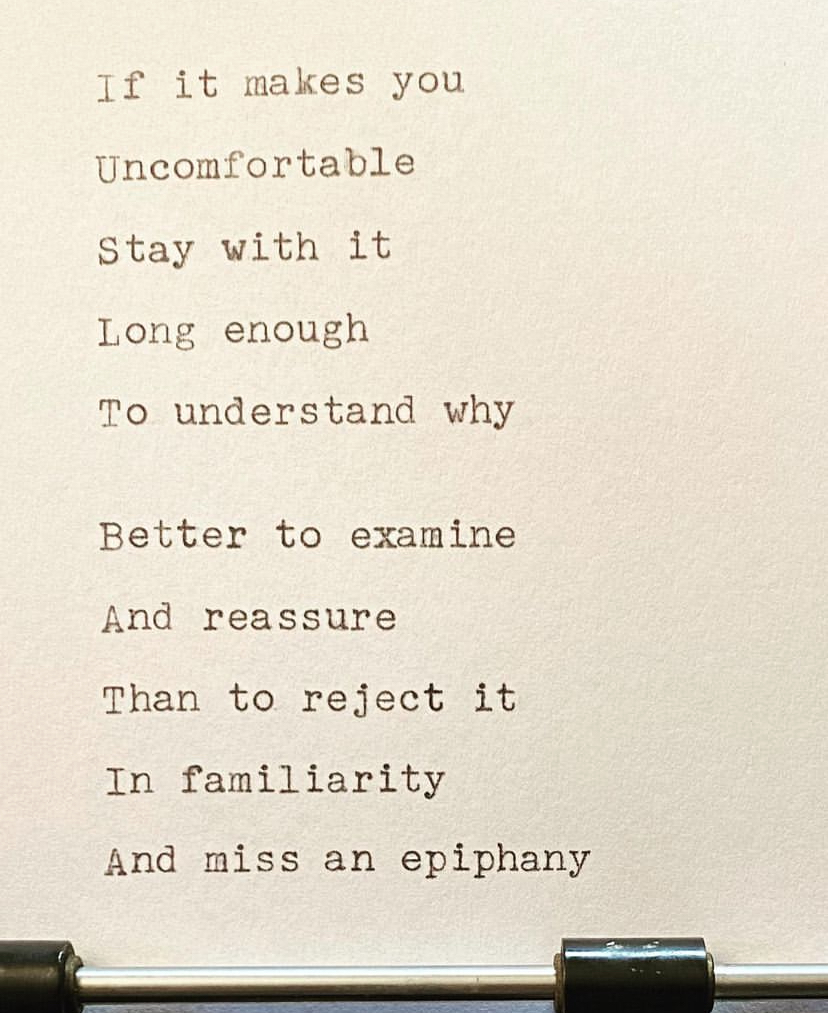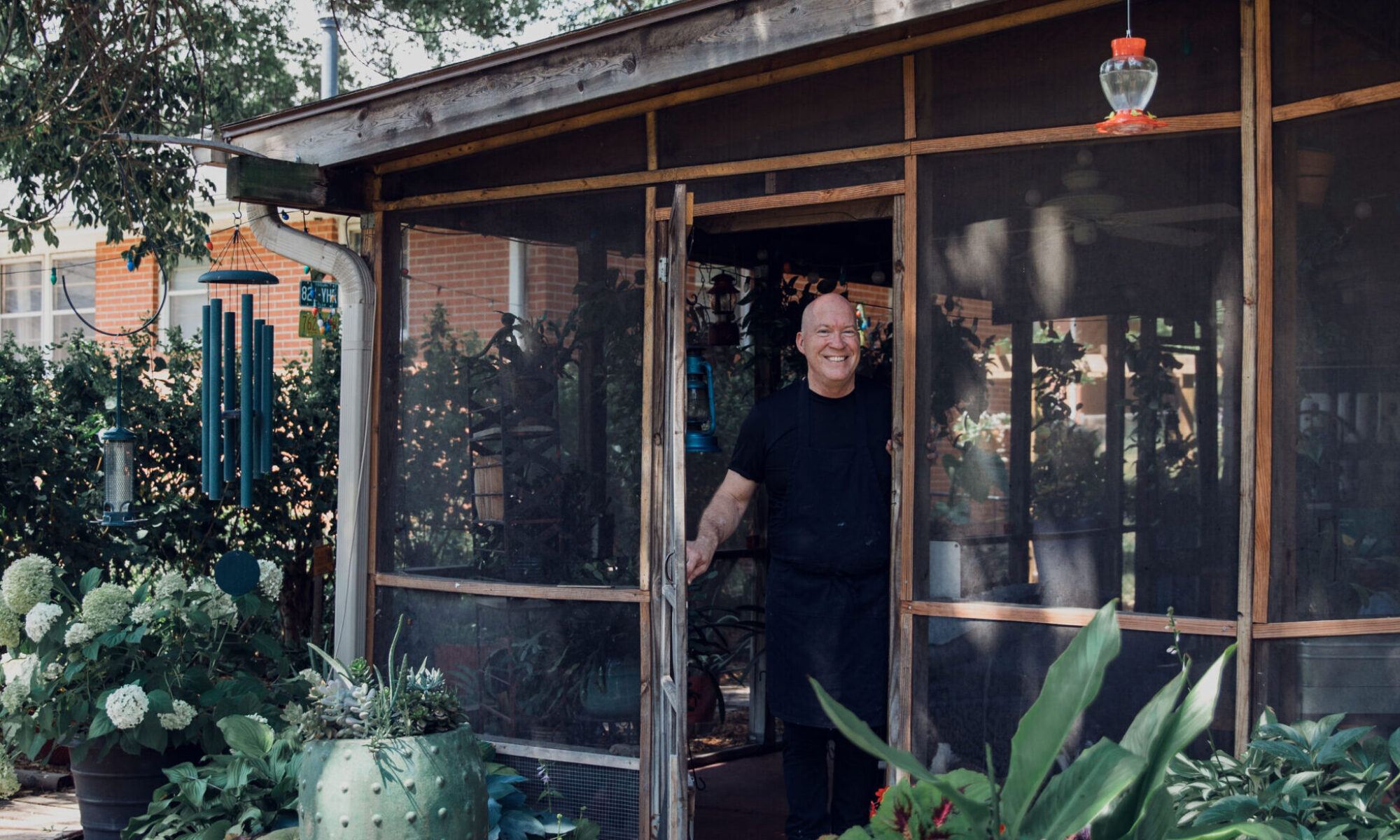
I’m about four and a half years into my identity as a widower. The Keyholder told me when we first started my therapy work that a good rule of thumb that I should consider is to take 1 year for every 5 years I was married before things seem to settle into some semblance of normal. At first I thought it was a ridiculous rule, but as I get closer to that date, it proves that wisdom was behind the advice.
I was married for nearly 30 years. That’s a long season. Long enough to establish patterns, reflexes, habits, impulses, reactions, comebacks that are ingrained and no longer a conscious response. Keyholder pointed out that my nervous system has had 30 years of training in a relationship, and any new or subsequent relationship will feel like the old one, even if it’s not. I will relate to the new person as if they were the previous one. I had never considered this thought as I made new connections. I just assumed the old was gone and now it’s time for something new. This is partly true. The old relationship is gone, but the pattern of relating to that absent person still exists in my body, leading to problems that are unexpected, and sometimes, irrational.
In my work of restoration, I have discovered that I can still change, even at the ripe old age of 60. It just takes a bit more concerted effort because the neural pathways are well worn and the ruts are hard to get out of.
The most helpful discipline for me is simply called practice. I would never think I could get good at anything if I didn’t practice at it. The musician practices her instrument in order to get better. The athlete practices his sport so he can excel. Why should I think neural practice is any different?
It’s called Emotional Intelligence. I discovered the term in Daniel Goleman’s 2005 book with the same title. The idea is the same. Just as our intellect can be developed, so can our emotional state. Even if certain responses come naturally, there is always room to practice a better state of being. To give myself this permission has been incredibly helpful in establishing new relationships.
I need to practice better emotional responses. I need to work on better, higher thoughts and beliefs about myself and the other person with whom I am relating. All of this takes time.
And patience.
But during practice means messing up, doing it wrong, repeating past mistakes. This can lead to deep frustration and a return to the old me. I call this The Familiar Me. Making changes to my nervous system can become disheartening, thus inviting me back into my old way of relating.
Practice means keeping an eye on what I want to accomplish and more importantly, on who I want to become. I don’t want to become a grumpy old man, stuck in his ways, wishing for the good old days when life was simpler and easier. I’d rather become healthy and whole. I’d rather be a man who gives generously out of a healed heart and regulated nervous system.
If you have struggled in a second relationship, I would offer this from my experience.
Practice eliminating hurry from your life.
Be patient with yourself as best as you can. Especially if you came out of a very difficult marriage or partnership. Our tendency is to return to normal as quickly as possible. Which is why we can end up right back into the same type of unhealthy relationship that we just got out of. The nervous system doesn’t know the difference. It only wants to get back to The Familiar Me.
